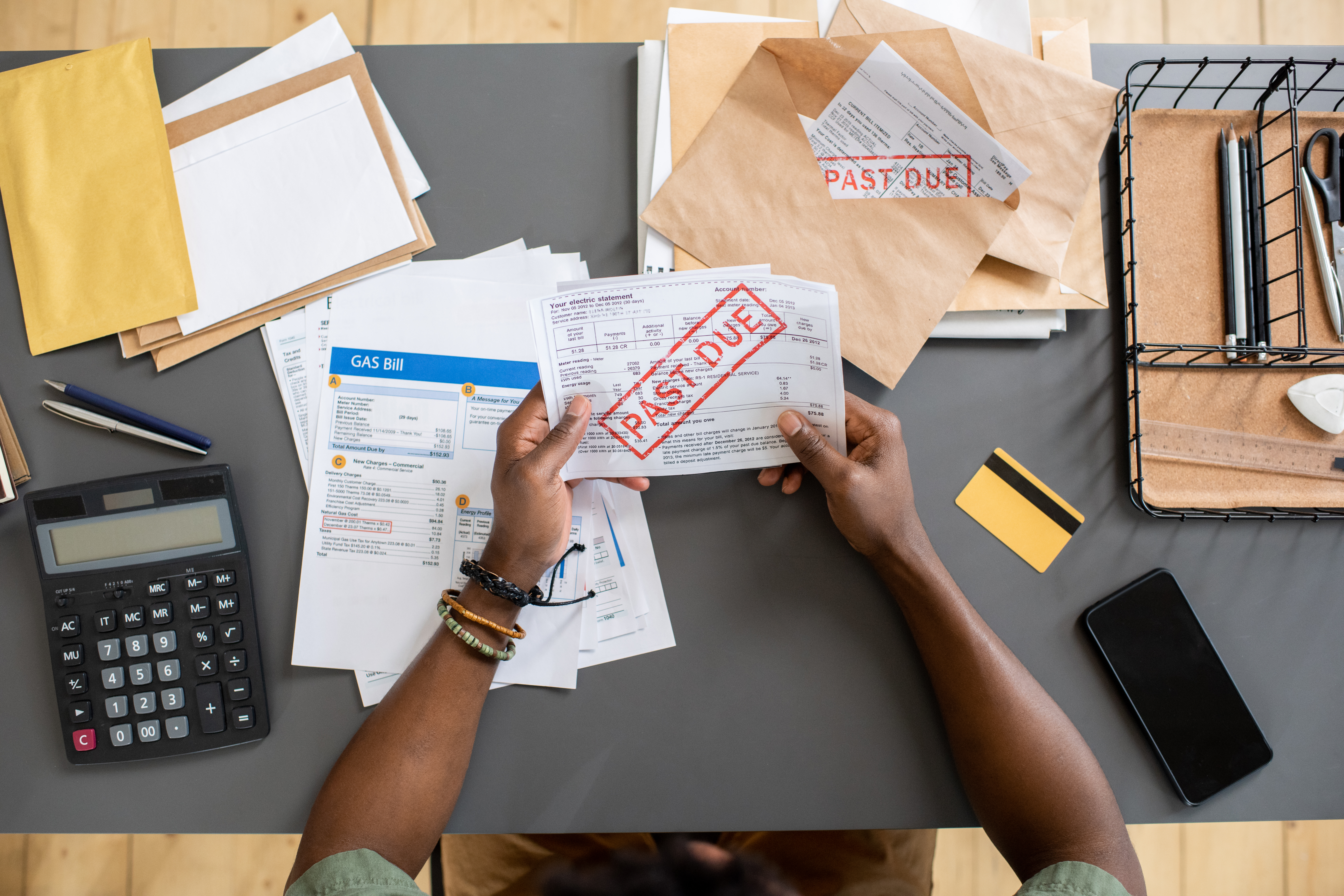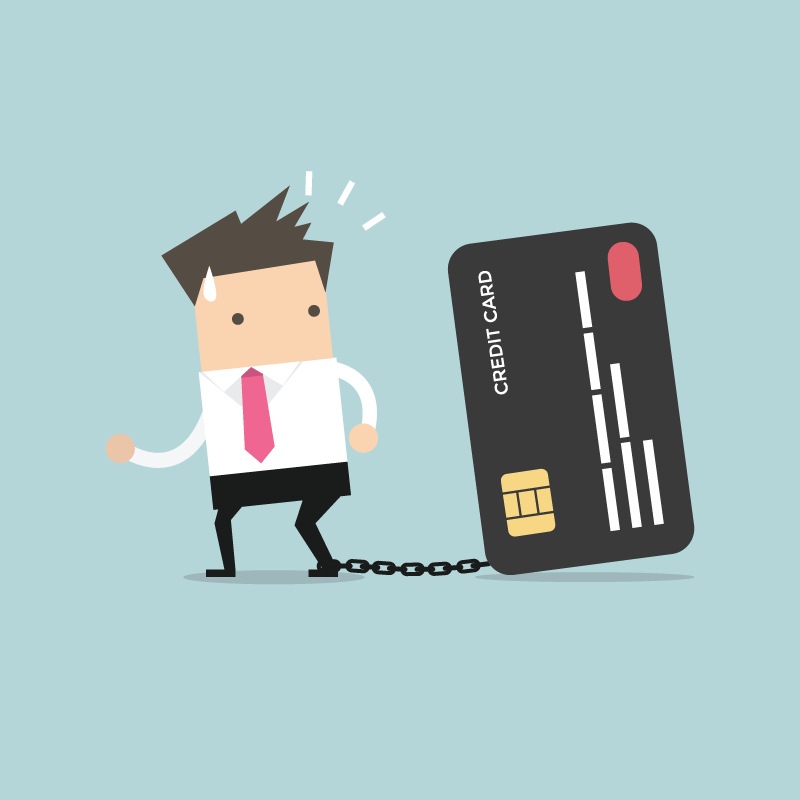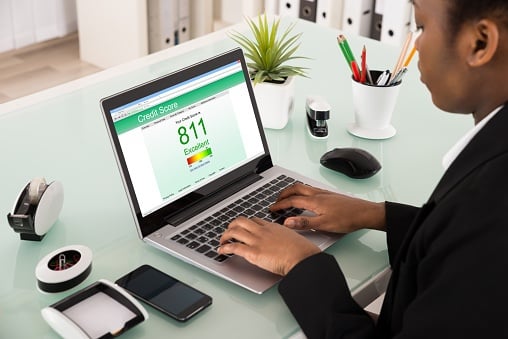Bankruptcy is a process designed to allow a debtor to obtain a fresh start through discharge of certain debts. When a debtor files for bankruptcy, they’re granted the protection of the automatic...
The Bankruptcy Code is a set of federal laws that affords debtors (the party that declares bankruptcy) certain protections,such as the automatic stay and debt discharge injunction. These protections...
On June 21, 2022, President Biden signed into law the Bankruptcy Threshold Adjustment and Technical Corrections Act (Bill S. 3823). What Bill 3823 does is it increases the Chapter 13 debt limits...
When a person files for bankruptcy, they are beginning a complicated legal proceeding that involves multiple moving levers. Doing so creates obligations for both debtors and creditors, while also...
A few days ago, I met a couple from New Jersey looking for financial assistance. As we went over their financial difficulties, they began telling me about this “debt consolidation program” they were...
A Merchant Cash Advance (“MCA”) allows an MCA provider (“buyer") to purchase future credit or debit card sales from the merchant (“seller”). The payback amount depends on the merchant’s sale volume....
Liens can be a complicated problem for many individuals dealing with heavy debt issues. A lien is a claim or legal right against assets, most often property or real estate, which are utilized as...
Americans currently exceed $13 trillion dollars of outstanding household debt. Within that amount, $9 trillion is related to mortgage balances, $1.5 trillion is related to educational loans, and $2...
All consumers should be aware of their credit score by checking their credit report. Amongst other benefits, periodically checking your score ensures that fraudulent activity is timely recognized and...
The Federal Reserve Bank of New York reports that as of the second quarter of 2017, the American household debt load has reached nearly $13 trillion. Approximately 80% of Americans are in debt today.









